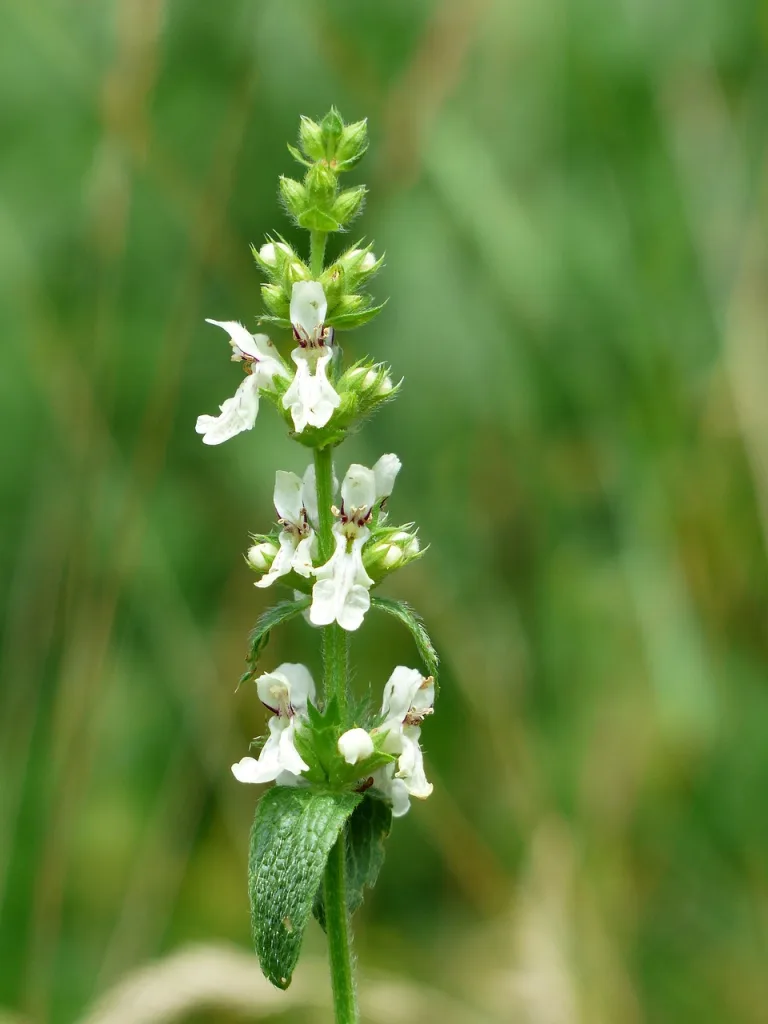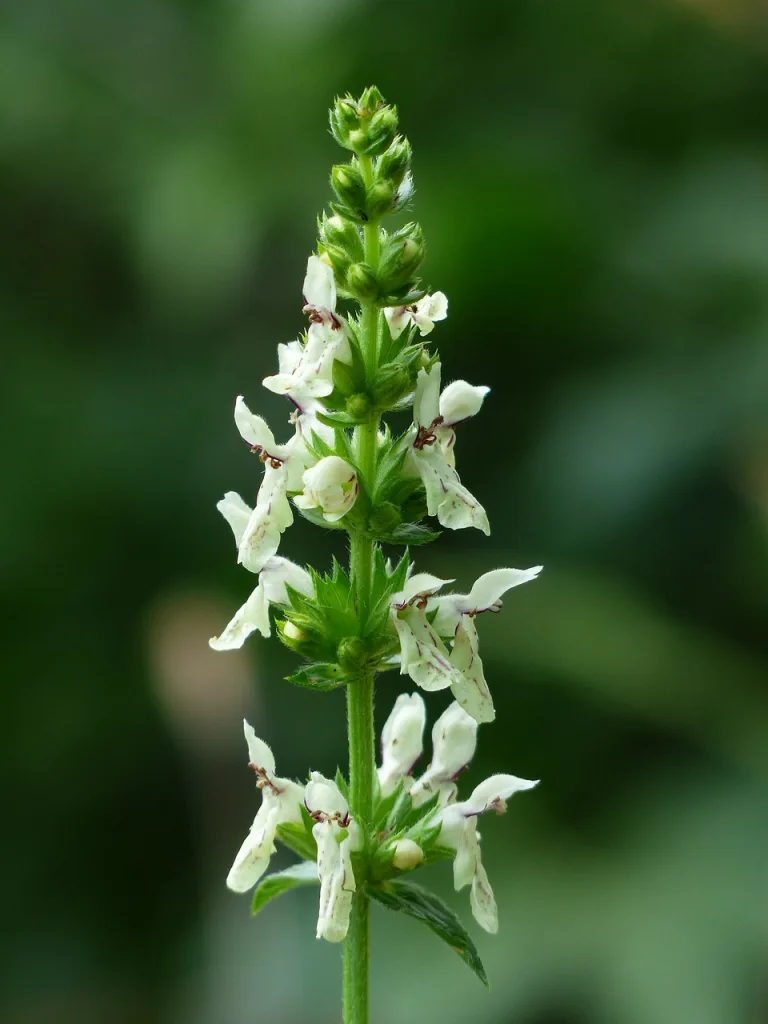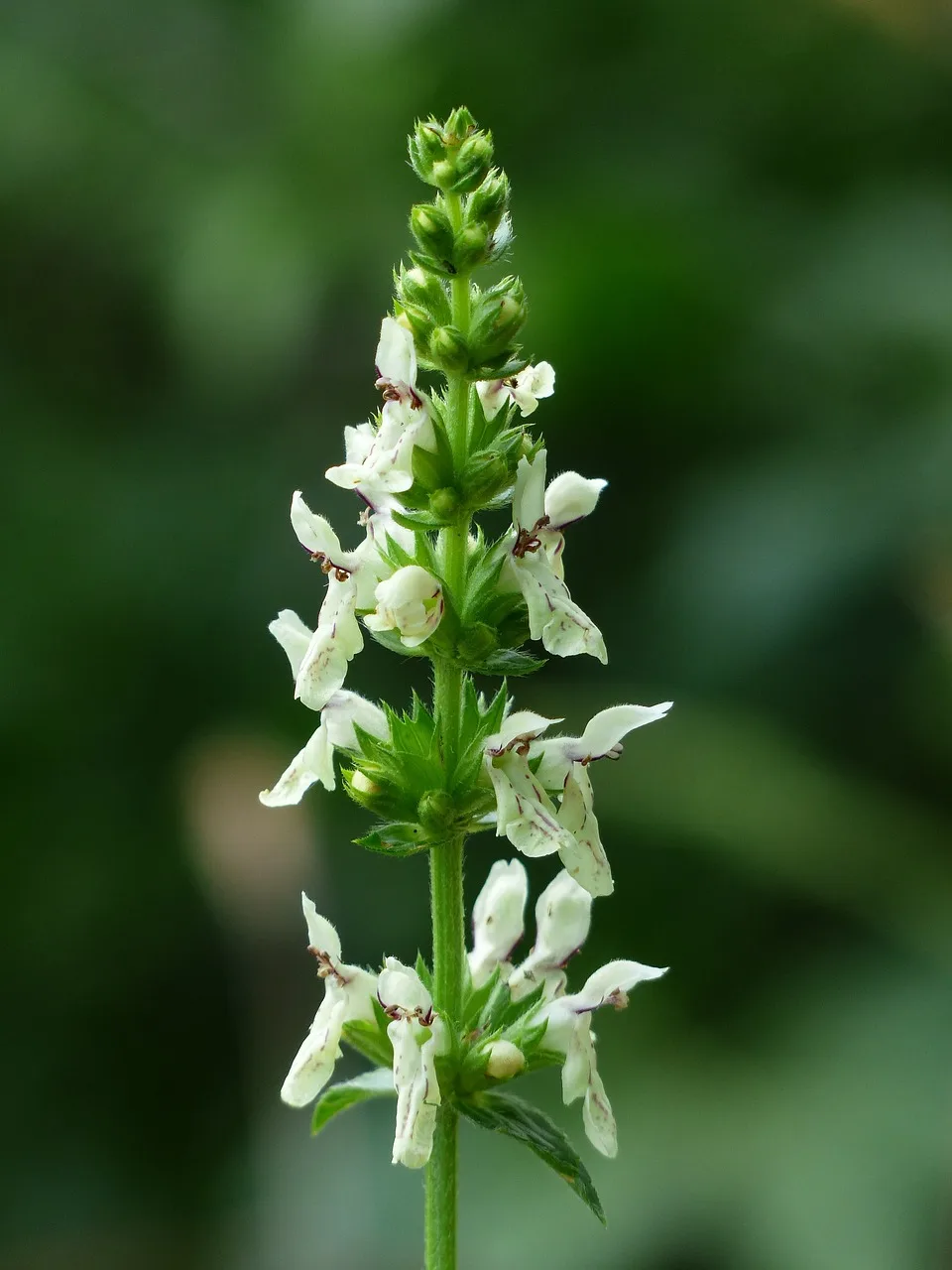You’re on a mission to shed those extra pounds, aren’t you? Well, you’re in luck because nature offers a plethora of weight loss allies. Beyond the nutritional power of veggies and fruits, the herbal world holds secret weapons ready to be enlisted in your fight against bulge. In the article “From Garden To Waistline: Weight Loss Herbs You Need To Know”, you’ll learn about various herbs you can grow right in your backyard that can help you with weight loss. Imagine it: your very own homegrown pharmacy for fitness, well-being, and a slimmer silhouette.
Understanding Herbal Weight Management
You’ve probably heard of or even experimented with various diet plans and exercise regimes in your quest to manage weight. However, have you ever considered herbal weight management? Let’s dig a little deeper into this.
Defining Herbal Weight Management
Herbal weight management is a weight loss approach that involves using herbs, either in their natural state or as extracts, to help regulate body weight. This protocol uses the properties of different herbs that can aid in weight loss by reducing appetite, boosting metabolism, or reducing fat absorption among other mechanisms.
How Herbal Weight Management Works
The way herbal weight management works can vary depending on the particular herb or blend of herbs in question. Certain herbs contain compounds that can boost your metabolism, increasing the rate at which your body burns calories. Others may make you feel full quicker or longer, thereby reducing your caloric intake. Some herbs have been known to block the absorption of dietary fat, while others may help balance blood sugar and insulin levels, reducing cravings and overeating.
Pros and Cons of Herbal Weight Management
Like any weight loss method, herbal weight management comes with its pros and cons. On the positive side, it’s a more natural approach, with herbs often having additional health benefits. It tends to be less intrusive and easier to incorporate into your daily routine, and can be quite effective when used in conjunction with healthy lifestyle choices.
However, on the downside, not all herbs are safe for everyone. Some may interact with certain medications or medical conditions, and they can sometimes lead to unpleasant side effects. Also, the effects of herbs on weight loss are often gradual and may take time to show, requiring patience and perseverance.
Commonly Used Weight Loss Herbs
There’s a plethora of herbs out there that are touted for their weight loss properties. Here are some of the most recognized ones.
Green Tea
You’re likely already familiar with green tea and its association with weight loss. This is thanks to its high antioxidant content and its caffeine content, which together can boost metabolism and support the burning of fat.
Ginseng
This potent little root can aid in weight control by increasing energy levels and metabolic rate. It can also help manage blood sugar levels, warding off hunger and cravings.
Peppermint
Peppermint is not just for freshening breath. It’s been suggested to aid in weight loss by helping to suppress appetite and make you feel full faster.
Cayenne Peppers
Don’t let their spicy nature deter you. Cayenne peppers contain capsaicin, a compound that can boost your metabolism and increase the fat-burning process.
Bitter Orange
Bitter orange contains compounds like synephrine that can increase metabolic rate and suppress appetite, aiding in weight loss.

Role of Green Tea for Weight Loss
Green tea is one of the most widely consumed and praised herbs for weight loss. Let’s explore why that is.
Understanding the Composition of Green Tea
Green tea is rich in antioxidants, particularly catechins such as Epigallocatechin Gallate (EGCG), and also contains a decent amount of caffeine. These compounds work together to boost metabolism and increase fat burning.
How Green Tea Boosts Metabolism
The caffeine in green tea is a stimulant that helps burn fat and improve exercise performance. Meanwhile, the catechins promote fat oxidation and increase your body’s calorie-burning ability, leading to weight loss.
Daily Recommended Intake of Green Tea
The amount of green tea you should consume can depend on various factors such as your body weight and tolerance to caffeine, but generally, 2 to 3 cups a day can provide you with the beneficial compounds without overdoing it on the caffeine.
Ginseng’s Impact on Weight Loss
Another popular herb for weight management is Ginseng. Let’s look at how this root can facilitate weight loss.
Ginseng’s Nutritional Profile
Ginseng is packed with powerful compounds like ginsenosides and polysaccharides. These compounds are known to boast anti-oxidative, anti-inflammatory, and immunostimulating properties.
How Ginseng Aids in Weight Loss
These compounds found in ginseng can increase your energy levels and metabolic rate, enabling your body to burn fat more efficiently. It’s also suggested that ginseng can help regulate blood sugar levels, thereby reducing food cravings.
Safe Usage of Ginseng for Weight Loss
While ginseng is generally safe, it’s best to consult with a health care provider, especially for those with certain health conditions or on medications. A common recommended dosage is 1 to 2 grams of raw ginseng root, or 200 to 400 milligrams of extract per day.

Peppermint and its Benefits for Weight Loss
Peppermint, the flavour we often associate with toothpaste or chewing gum, can potentially help you lose weight. Let’s explore how.
Understanding Peppermint’s Nutrient Composition
Peppermint is a herb rich in essential oils like menthol and menthone, and also boasts a good amount of fibre, vitamin A, and potassium.
Peppermint’s Role in Suppressing Appetite
The intense aroma of peppermint has been suggested to help control appetite and cravings, thus reducing overall calorie intake. Peppermint can also promote better digestion and soothe digestive ailments, indirectly promoting weight management.
Incorporating Peppermint into your Diet for Weight Loss
You can incorporate peppermint into your diet through peppermint tea, adding the fresh or dried leaves to your salads or smoothies, or even by using peppermint oil.
Cayenne Peppers for Boosting Metabolism
Cayenne peppers might just be another weight loss ally you might want to consider. Here’s why.
Nutritional Content of Cayenne Peppers
Cayenne peppers are loaded with vitamins A, B6, and C, along with dietary fiber. But what really makes this spice stand out is capsaicin, a compound that gives these peppers their heat.
How Cayenne Peppers Enhance Metabolic Rate
The capsaicin found in cayenne peppers is a thermogenic chemical that can boost your metabolic rate, increase your body’s heat production, and as a result, burn more calories.
Safe Dosage for Cayenne Peppers
Cayenne peppers can be incorporated into your diet as a spice to season foods, or as a supplement. However, they are quite spicy and can cause digestive discomfort to some, so starting with a small amount is advisable. Always refer to a health professional for personalized advice.

Bitter Orange and its Role in Weight Loss
The name may not sound appealing, but bitter orange just might be for you if you’re struggling with weight issues.
Unpacking the Nutrient Profile of Bitter Orange
Bitter orange provides a good quantity of vitamin C and fiber. But what makes this fruit a potential weight loss aid is the presence of a compound known as synephrine.
Understanding Bitter Orange’s Role in Fat Burn
Synephrine in bitter orange is believed to raise the metabolic rate, enhance fat burning, and reduce appetite, thus helping with weight loss.
Safe Use of Bitter Orange for Weight Loss
Although bitter orange extract is often found in many weight loss products, it’s always important to remember that it’s best to consult with a healthcare provider before starting, as it can have interactions with other substances or health conditions.
Considerations before Implementing Herbal Weight Loss Protocol
Before you start experimenting with herbs for weight loss, it’s important to take a few things into consideration.
Consultation with a healthcare provider
No matter which herb you choose to help you with your weight loss, it’s always a good idea to talk to a healthcare provider first. They can provide personalized advice and alert you to any potential risks or interactions you should be aware of.
Understanding potential side effects
While these herbs are natural, they can still have side effects. It’s essential to be aware not only of the benefits of the herbs you’re taking, but also their potential downsides.
Interactions with medications and medical conditions
Some herbs can interact with certain medications and medical conditions, possibly causing complications. It’s important to discuss any medications or health issues you have with your healthcare provider before starting an herbal weight loss protocol.

Additional Lifestyle Changes to Complement Herbal Weight Loss
While herbs can aid in weight loss, it’s important to pair these natural solutions with holistic changes to your lifestyle.
Importance of Regular Exercise
When it comes to shedding those extra pounds, nothing beats the combination of a well-balanced diet and regular physical activity. Exercise not only burns calories but also builds muscle, which can enhance your metabolism even while at rest.
Healthy eating habits
It’s not just about what you eat, but also how much you eat. Remember to keep your portions reasonable and to prioritize quality nutrients. Load up on lean proteins, fruits, vegetables, whole grains, and healthy fats.
Adequate Sleep and Hydration
Don’t overlook the role of proper rest and hydration in your weight loss journey. Lack of sleep can negatively impact your metabolism and increase cravings. Similarly, not drinking enough water can create a false sense of hunger, leading to overeating.
Frequently Asked Questions about Herbal Weight Loss
And now let’s address some commonly asked questions about herbal weight loss.
Can you rely solely on herbs for weight loss?
While herbs can aid in weight loss, relying solely on them is not advised. Weight loss should be a holistic process, involving a balanced diet, regular exercise, and other healthy lifestyle habits.
What are the potential side effects of these herbs?
Just like any other substances, herbs can have side effects. These can depend on the specific herb, the amount consumed, and individual factors such as health status and susceptibility. Some common side effects could be digestive upset, changes in blood pressure or blood sugar levels.
How long does it take to see results?
The timeline can greatly vary from person to person. It depends on various factors such as starting weight, overall lifestyle, medical conditions, and the specific weight management strategy including the herbal protocol. It’s important to remember that healthy, sustainable weight loss is often gradual.
Herbs offer a natural path to aid weight loss, harnessing the power of plant compounds to help your body work better and burn calories more efficiently. As with any health regimen, it’s crucial to align it with healthy living habits and always consult with a healthcare provider before diving in.



